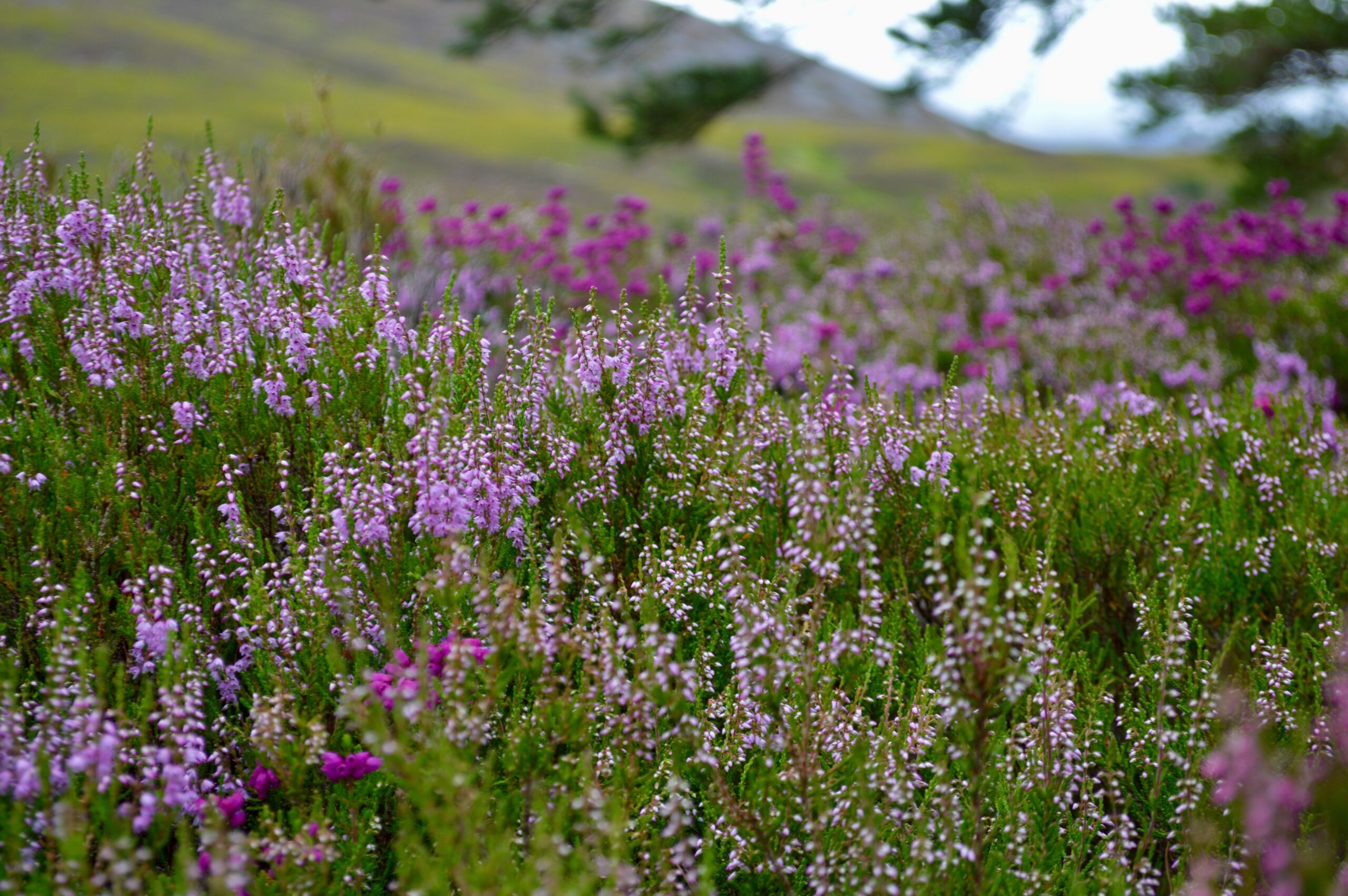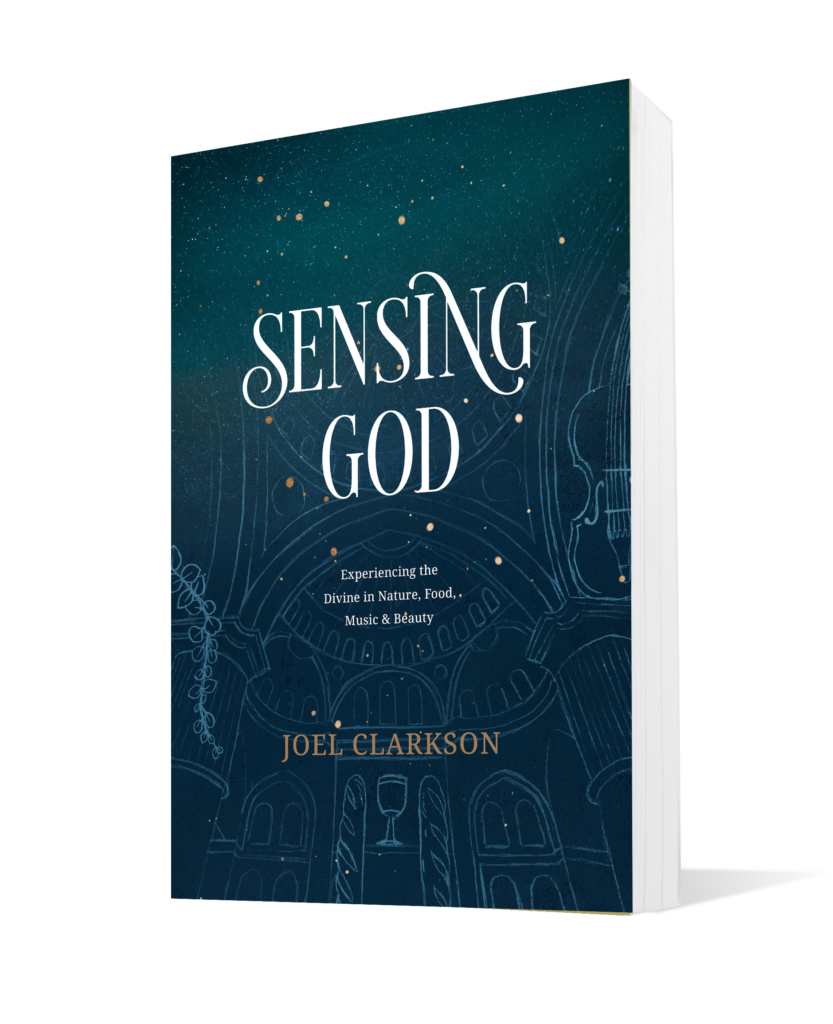Saint Francis had a penchant for the glory of the world and God’s presence and movement within it. In a time of upheaval and change in the church, when spirituality had strayed from its dedication to the simplicity of the gospel, Saint Francis began multiple monastic orders, based on a rule of poverty and a rejection of material things, in emulation of Christ. In part, this rejection of worldly desires was not an eschewing of the created world itself but, in a sense, was actually drawn from Francis’s love of creation and his awareness of the glory already given by God through nature. He believed that like us, nature is tainted by sin and in need of redemption, but that also like us, nature is made to praise God.
In his beautiful “Canticle of Brother Sun,” Saint Francis praises God for the way in which various aspects of creation express the image of God and return their praise back to Him. In each instance, Saint Francis refers to these created elements as “brothers” or “sisters”:
Praised be You, my Lord, with all your creatures,
especially Sir Brother Sun,
Who is the day and through whom You give us light.
And he is beautiful and radiant with great splendour;
and bears a likeness of You, Most High One.[i]
Notice the way in which Francis not only praises the sun because of its beauty but attributes that beauty to the divine likeness of Jesus imprinted within that sublimity. In this way, Francis uses the elegance of the prose to heighten our awareness of the way in which nature expresses that image. He goes on to praise God for the earth as well, cleverly retitling mother earth as “Sister Mother Earth.”[ii] In this way, he affirms the ancient understanding of the earth as that from which we draw sustenance to live day to day; and yet like us, the earth has its ultimate beginning in the Father, who is over both and over all.
But then, in an abrupt, surprising shift, Francis turns to an aspect of nature seemingly incompatible with the goodness of God, an aspect which, as we have already seen, Tennyson feared above all things: death. Just like the sun and moon, or the elements of wind and water and fire, death, according to Francis, is also our sibling:
Praised be You, my Lord, through our Sister Bodily Death,
from whom no living man can escape. . . .
Blessed are those whom death will find in Your most holy will,
for the second death shall do them no harm.[iii]
What Francis expresses here is a glorious, universal truth of the gospel: Death, for the Christian, is merely the prologue to resurrection, for just as Christ passed through death and was raised again into new life, so our journey through death brings us into that life with Him. And yet by integrating our death as an element of the created world which participates in revealing God’s goodness to us, Francis shows how our victory over death is not merely our victory but the victory of God’s action “to reconcile to himself all things, whether things on earth or things in heaven, by making peace through his blood, shed on the cross,”[iv] as we’ve already heard from Colossians. When we, who are redeemed in Christ, recognize the appearance of death in nature, it no longer acts as a statement of finality, but rather a vivid image of the desire for all things to be made new.
Paul tells us that “all creation has been groaning as in the pains of childbirth right up to the present time.”[v] This is a beautiful thought, that nature is destined for some sort of redemption as well. And yet, how could we possibly know that this is true? From what source are we to draw our hope that creation will be redeemed? Paul makes it clear for us:
“And we believers also groan, even though we have the Holy Spirit within us as a foretaste of future glory, for we long for our bodies to be released from sin and suffering.”[vi]
Our bodies, as participants in the created world, given to spiritual and physical corruption, long to be restored; and if our bodies, as part of that world, are destined for restoration, then so also must the world in which they now exist be brought back into glory.
Resurrection is not simply a nice, abstract idea, but rather a truth-telling event which has already occurred in the fabric of the world itself and continues to foreshadow our future destiny. To believe in resurrection of the body means to believe that the world in which our bodies exist in the present time will, in some way, be restored and recreated, just like us. Not only can we not ignore nature; it is the very space which is given to us as a way to imagine resurrection.
Nature gives us, writ large, a vision of the complexity of our own desire for participation in God; our fall from grace and the corruption that comes with sin; and the persistence of beauty, order, and goodness—just as we, as humans, ever bear the image of God as an imprint on our very essences. It, like us, longs for the day in which it will be made whole once more by the one who brought it into being at the beginning. Nature is the cosmic canvas of the drama of sin and redemption, groaning, not unlike us, for the final moment when Christ will restore all things to perfect participation in God. In nature, we cannot extract the fallenness of the world from the fact that somehow, amid natural disasters and illness and the recurrence of death, we are ever confronted with beauty, order, structure, cosmos. Nature forces us to hold these two things together in tension, by means of the only way that we can possibly bear such a tension: through our sensory perception. Like Jacob wrestling with the angel, we must cast ourselves headlong into the turbulent swirl of the unknowable, entering into creation exactly as we know that it is through our encounter of it; neither what we wish it might be in our wildest imaginations nor given fully to the chaos of our worst dreams but rather the truthfulness of what it speaks to us through each tangible point of contact. We must grasp it until the knuckles of our senses are white with strain, and declare into it what Jacob shouted to his angelic counterpart,
“I will not let you go unless you bless me.”[vii]
In this way, we will be woven into the pattern of creation’s weave which, like us, is broken and yet longs for renewal in Christ, longs to return to the one in whom it has its source, and be restored to glory once more. If we are faithful to persistently embrace nature, to seek the glory and grace in the midst of its imperfection and confusion, somehow, we will find hidden within it what J. R. R. Tolkien called eucatastrophe: the sudden joy at the end of a long sorrow. In our embrace of nature and its persistent beauty, we will receive a powerful, sensory encounter with the work of the resurrected one, who is turning back the tide of darkness. In our embrace of nature, our sighs for deliverance will be given resonance, through the cry of the whole universe itself to be reborn in newness of life once more.
Sources
[i] Saint Francis, “The Canticle of Brother Sun,” in Francis and Clare: The Complete Works, trans. Regis J. Armstrong and Ignatius C. Brady (New York: Paulist Press, 1982), 38.
[ii] Saint Francis, “Canticle of Brother Sun,” 39.
[iii] Saint Francis, “Canticle of Brother Sun,” 39.
[iv] Colossians 1:20, NIV.
[v] Romans 8:22.
[vi] Romans 8:23.
[vii] Genesis 32:26.



